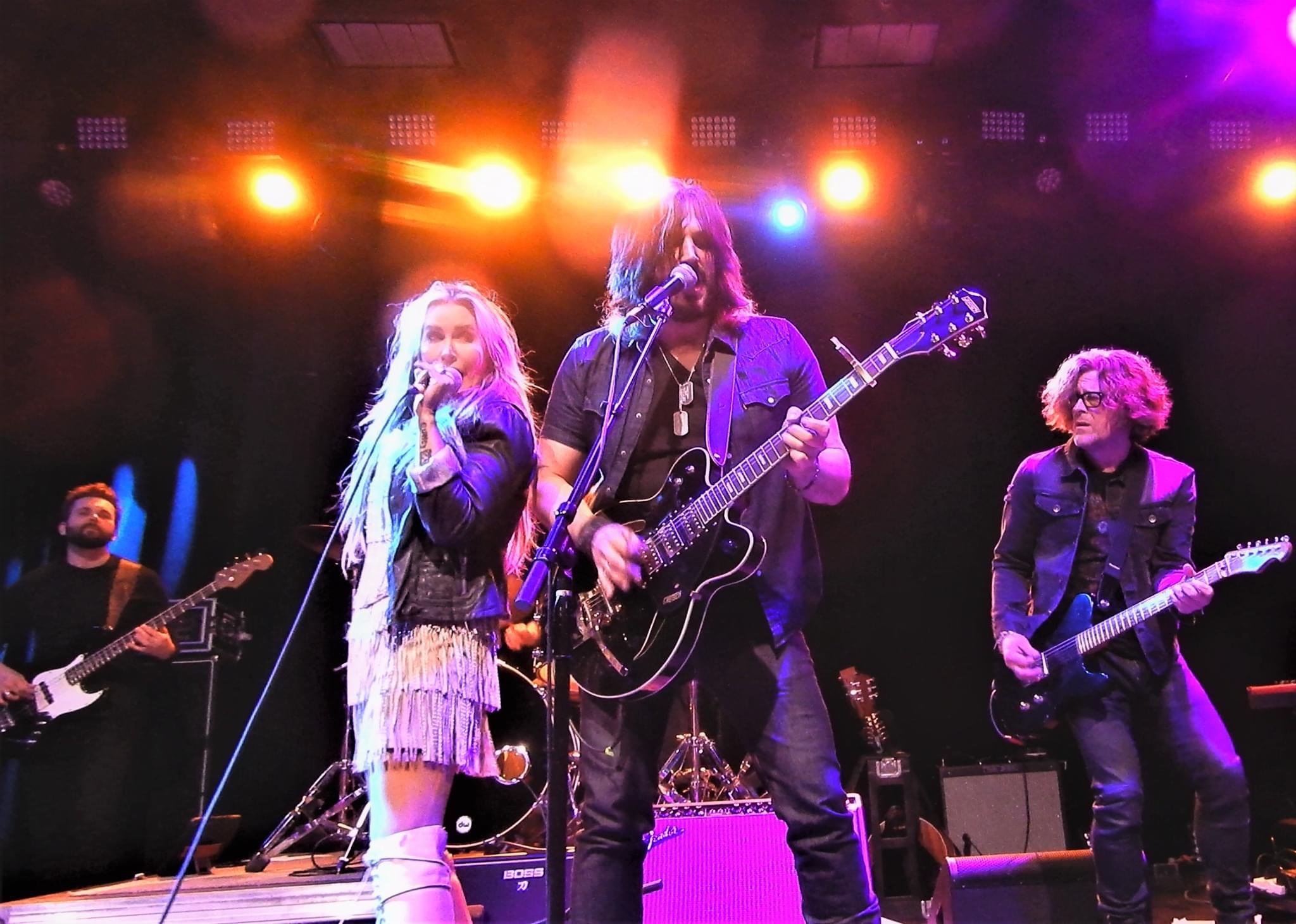
Fruit Bats’ Live at Spacebomb album cover.
Dean Christensen
I interviewed Dean Christensen, manager and director of A & R at Spacebomb records, to figure out what indie labels provide mainstream artists that is special. As it turns out, the cliche of indie labels being “artist friendly” is true, and indie labels like Spacebomb are really focused on producing and promoting real art. Christensen “believes in music”, and knows that at major labels, music can feel a little too much like business. The same way that unique artists who really care about music flock to indie labels, savvy industry experts who really believe in artists and care about their music flock to indie labels to support these artists. Christesen manages Fruit Bats and Bonny Light Horseman, both successful groups that Christesen feels truly belong at Spacebomb.
According to Emily Dolan, small indie labels have always claimed to be artist-driven. Additionaly, “The proliferation of small indie labels that support underground bands does not stop the mainstream’s co-option of indie styles.” (Dolan 460) Therefore, indie labels are supporting artists well enough for them to break into the mainstream, while not infringing on their creativity.
Scott Bradoka
Scott Bradoka playing at a live performance.

Scott Bradoka is a guitarist, songwriter, and producer stationed in Bethlehem, Pennsylvania. His main line of work is a multi-instrumentalist position with a female and male country duo called Williams Honor. He has played on nine guitar instruments albums across nine independent labels before creating his own label. Bradoka’s touring experience includes Kieth Urban, The Hooters, Jeff Beck, Robert Cray, Dickey Betts, Buddy Guy, and Lee Ritenour. He states, “In some ways, the major labels aren’t as important as they used to be.” He mentioned that there are many avenues that musicians and artists can take to become famous, Youtube being one of them. Clairo’s claim to fame originated from uploading a video of her singing “Pretty Girl,” and the production was solely a byproduct of creativity in solitude without any assistance from labels.

Scott Bradoka (far right) playing guitar at a live performance with Williams Honor, a country male and female duo.
In Bradoka’s point of view, creativity in production and distribution is critical in achieving success and fame without seeking the help of major labels, including being able to differentiate amongst the other thousands of artists attempting to do the same. Bradoka supports his claim by acknowledging the affordability of producing proprietary and original music, referencing popular artist Billie Eilish and mixing her own music using a laptop. Melissa Lamm, a Canadian musician, explored opportunities through Twitch, most known as an online gaming platform, to showcase her music. She said, “It’s not just for the big guys; independent musicians are thriving on Twitch.” She sits in front of her webcam and computer and performs while also interacting with fans in the chat function, and can even be compensated via a direct deposit into their PayPal (Lamm 2021). She speaks to the opportunity of personal connection and interaction when performing on Twitch, something that is often valued in independent labels. There are more artists now more than ever who produce independently while still having the opportunity to make it big. To this point, Bradoka said it all comes down to independent labels getting artists the same exposure as major artists, using creativity and cleverness as the driver. The motivation to be creative has to be stronger than the motivation to be successful, and Scott Bradoka’s advice is to keep trying until a sound takes traction with an audience.
Payoff
As record sales decline, it has become more crucial for independent artists to license their music. For truly independent artists, they will receive the majority of the royalties for licensing songs (Ostrove 15). Live performances prove the same beneficial implications for artists.
A member of Living Legends said, “You’ve got the promoter, you got the club itself, you got the artists, you got probably the managers of the artists, there’s a bunch of people in play. But in the underground, you know, we book our own shows sometimes. Sometimes it’s just us and the promoter and that’s it. So in the underground, the power lies with the artist.”